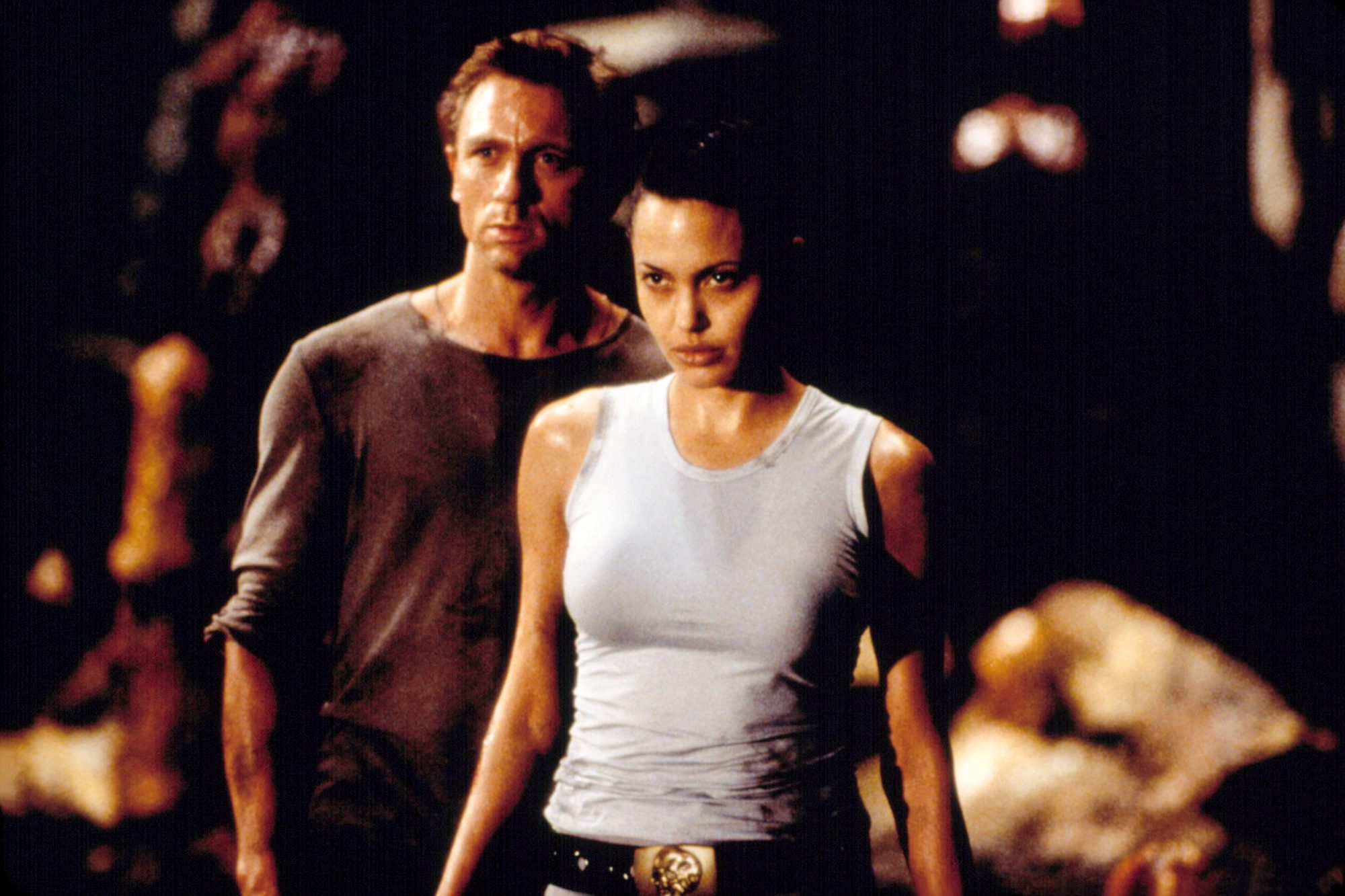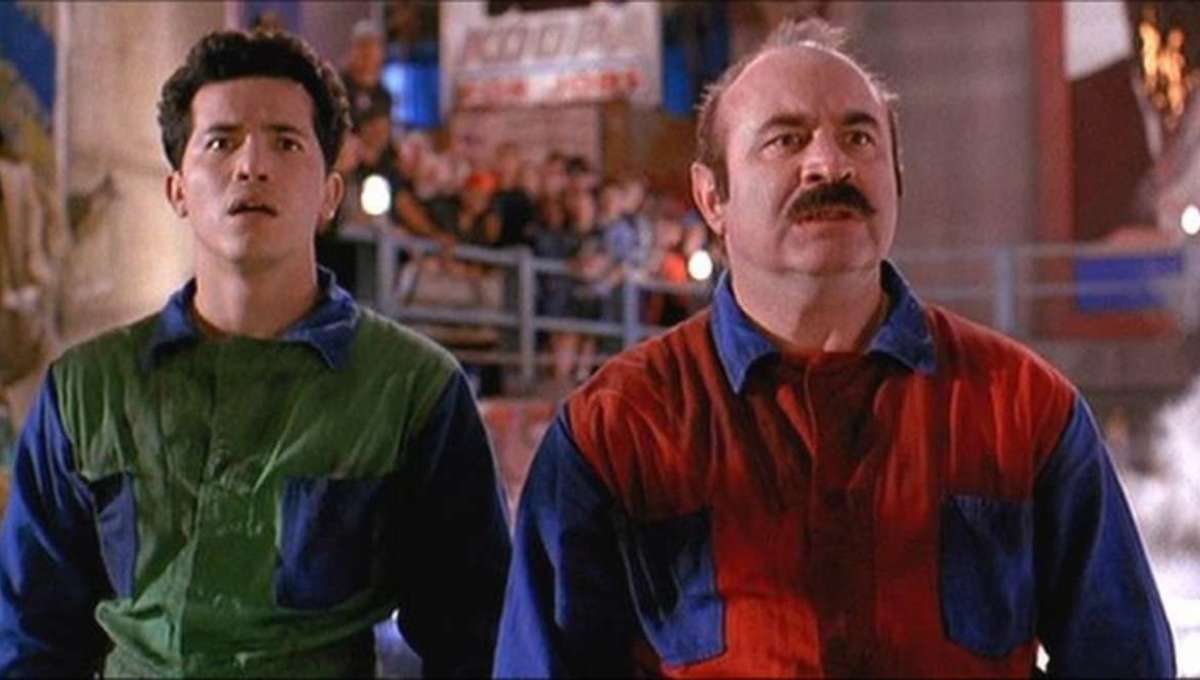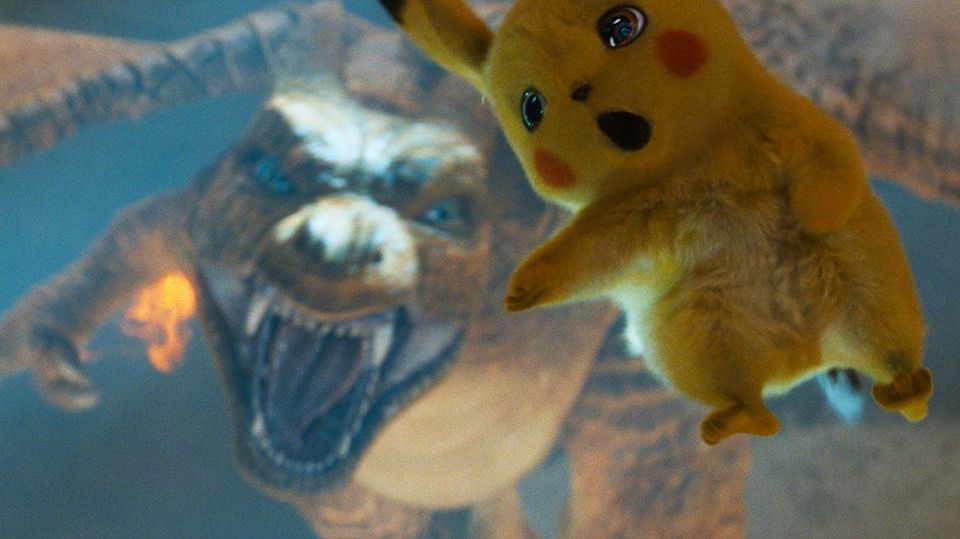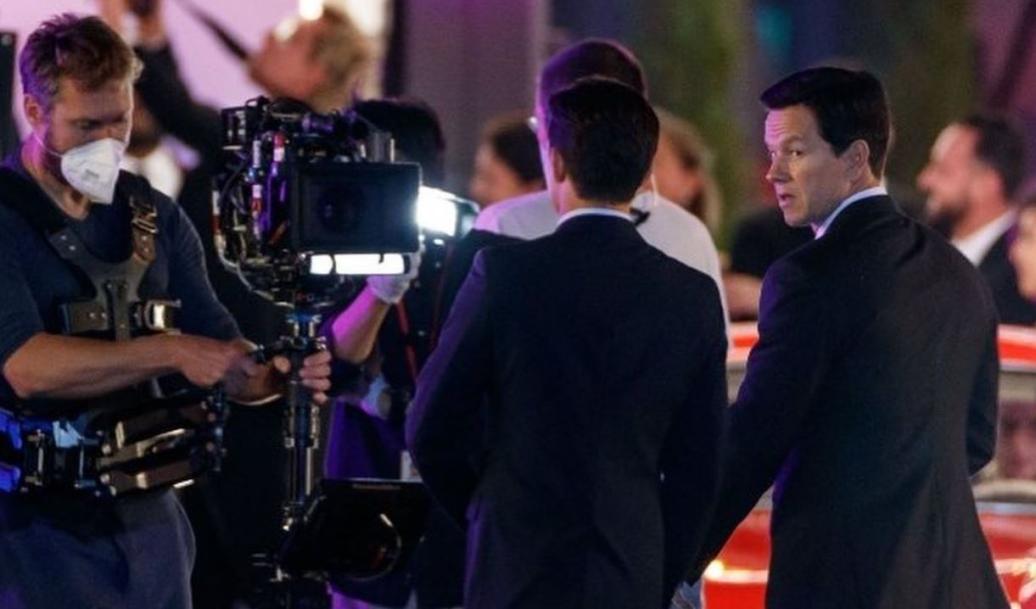For as long as films have been entertaining the masses and video games have been immersing players in their worlds, people have been trying to merge the two. Though studios have invested billions, the quality has never been there.

Any fan of video games that falls in love with cinema, or any lover of cinema that picks up a controller at some point in their lives has said the following: “Wow, this game is amazing. It would make a great movie.”
There it is. Simple as that. At the tip of your Dorito-dusted fingers is an idea that knows no bounds. And as with the simplicity of the idea, comes the implications of adapting a video game to the screen. Because unlike video games, film has boundaries. While narratively, they share the same elements, the games adapted for the screen are either one note scrollers or epics sprawling limitless environments and hours of gameplay.
Sure, you could cut the filler and narrow down the characters to their cores and roots and go from there. That is the best way to do it after all, but even then there are stumbling blocks. Do you faithfully adapt the game to the screen, or do you take the world and characters and create a whole new story from it, something they haven’t seen? That is at the risk of straying into the mould of it “not feeling like the game itself”, which is a common critique of the genre.
The faithful gamers that support the adaptations have a different set of standards when it comes to their beloved worlds and stories. It seems as though it would be impossible to take the same approach you would have when adapting a novel or a comic book. In a way, they’re more malleable than a video game could ever be. Maybe it’s because you can see and control the game, despite there also being a clear story, whereas books tend to feel as if you’re spying on a person’s life or reading a memoir of a different time.
It seems as though no matter how hard we try, we’ll never be able to recreate the feeling of winning the big boss fight, levelling up and saving the princess. But that isn’t going to stop us from trying.
Now that we’ve diagnosed the impossible disease of the adaptation, let’s look at what’s already come, and where they’ve gone wrong.

Going back in time, the first Hollywood feature adapted from a video game was Super Mario Bros. back in 1993. The film starred Bob Hoskins as Mario and a relatively unknown John Leguizamo as Luigi, and was released to critical and financial ruin. Grossing a measly $35 million off a budget of $45 million, losing a load of money and henceforth cursing the adaptation of video games into films.
It was in 1995 that there was a glimpse of hope with Mortal Kombat. It made $122 million off a budget of $18 million, and received a rotten tomatoes score of 48%, which is still the most successful video game movie ever made, when factoring base profit and critical reception. I know. Two years later it’s sequel was released and grossed $51 million off a $30 million budget and got a rotten tomatoes score of 2%, and remains one of the biggest critical flops of a video game movie in history.
From there, no less than 30 films based on video games have been released. From Super Mario Bros. in ‘93, to Sonic the Hedgehog released in early 2020, it wasn’t until Tomb Raider in 2018 that video game movies managed to crack a mere 50% on Rotten Tomatoes, as the third adaptation of the franchise turned in a 51% rating and $274 million gross off a $118 million budget. So even in the modern age with the technology and financing available, it seems that the curse still hasn’t been broken.

However, we are getting closer. 2016’s Warcraft broke the $400 million mark for the first time in video game movie history, and since then Rampage and Detective Pikachu have done the same. Speaking of Detective Pikachu, it is the highest rated film critically according to Rotten Tomatoes with a score of 68%. However, the loyal Pokemon fan base was relatively displeased with an unfaithful adaptation of the beloved franchise, and hence the balance still hasn’t been found.
Further insight into the mind of studio execs can come from a 2016 Comic-Con interview with screenwriter Max Landis.
“My Pokemon movie was a cute, happy, fun, sweet story about this kid Red, this girl at school who’s sort of Tomboy, a Pokemon trainer named Blue, his mom who used to be a Pokemon Trainer, her Graveller who is old and used to be a champion, his dad who spends too much time in the city, and a Koffing that they catch in the woods,” said Landis on his pitch for a Pokemon movie.
It seems as though this small scale toe-dip into video games’ most profitable franchise wasn’t enough for The Pokemon Company, who were “only interested in selling one character, Detective Pikachu.” If Landis’ almost-made film is anything to go off, there’s a clear indication as to what the studio’s approach to these types of films are, which can only be described as sell, sell, sell as opposed to celebrating the stories and worlds with human characters.
Looking to the future of these films, it looks like there is a slow, steady improvement being placed in the wake of the continuous failures of other projects just like them.

What looks to be the genre’s best hope is Uncharted, set to release in October next year. Billed as a “prequel” to the popular action-adventure game, it will reveal the origins of the characters Nathan Drake and Victor “Sully” Sullivan while heading on the expected globe-trotting treasure hunt. Drake will be played by Tom Holland of Spiderman fame, while Sully will be played by Mark Whalberg, who was set to star as Drake when the project first went into development in 2010.
The film will be directed by Ruben Fleischer, who has proved his ability in the past with films like Zombieland and 30 Minutes or Less, however his more recent efforts, namely Venom and Zombieland: Double Tap, have been underwhelming. With the same producers behind the Uncharted film as were Venom, it’s a toss up as to whether the film’s quality will match that of its source material. With Art Marcum and Matt Holloway, the guys behind Iron Man penning the script, there is hope beyond the names put in front of us.

There’s also a Resident Evil reboot in the works. The survival horror video game spawned a six film franchise loosely based on the lore of the games. None of the films garnered much critical acclaim and made enough profit to justify its existence.
The reboot looks to take inspiration from the first game of the series and find its roots again. Johannes Roberts, the writer/director, says the film will be “super, super scary” and that:
“I really wanted to go back to the original first two games and re-create the terrifying visceral experience I had when I first played them whilst at the same time telling a grounded human story about a small dying American town that feels both relatable and relevant to today’s audiences.”
The word “grounded” seems to be elusive from the canon of video game movies, so let that spark confidence in the faith you have in a faithful story surrounding the lore of one of horror’s most popular games. The film is shooting as we speak, and is set to release in 2021.
Other confirmed releases are Monster Hunter, Sonic the Hedgehog 2 and Minecraft, all slated for release in the next couple of years.
The next shot in the dark is a Mortal Kombat film that will serve as a fresh take, with James Wan as a producer and having shot entirely in South Australia, it will be the first video game film to release after this article in January of 2021. Fingers crossed it can live up to the rich lore the eleven-game franchise has built.
What video game movies have to offer is a succinct look at different worlds that go deeper than any two hours could. What is appealing about them is what is unappealing about them, and there is a right way to do it, it just hasn’t been found, or done, yet. They’ll never stop coming, so let’s hope the films around the corner do them justice.
Subscribe to FIB’s Weekly Alchemy Report for your weekly dose of music, fashion and pop culture news!







